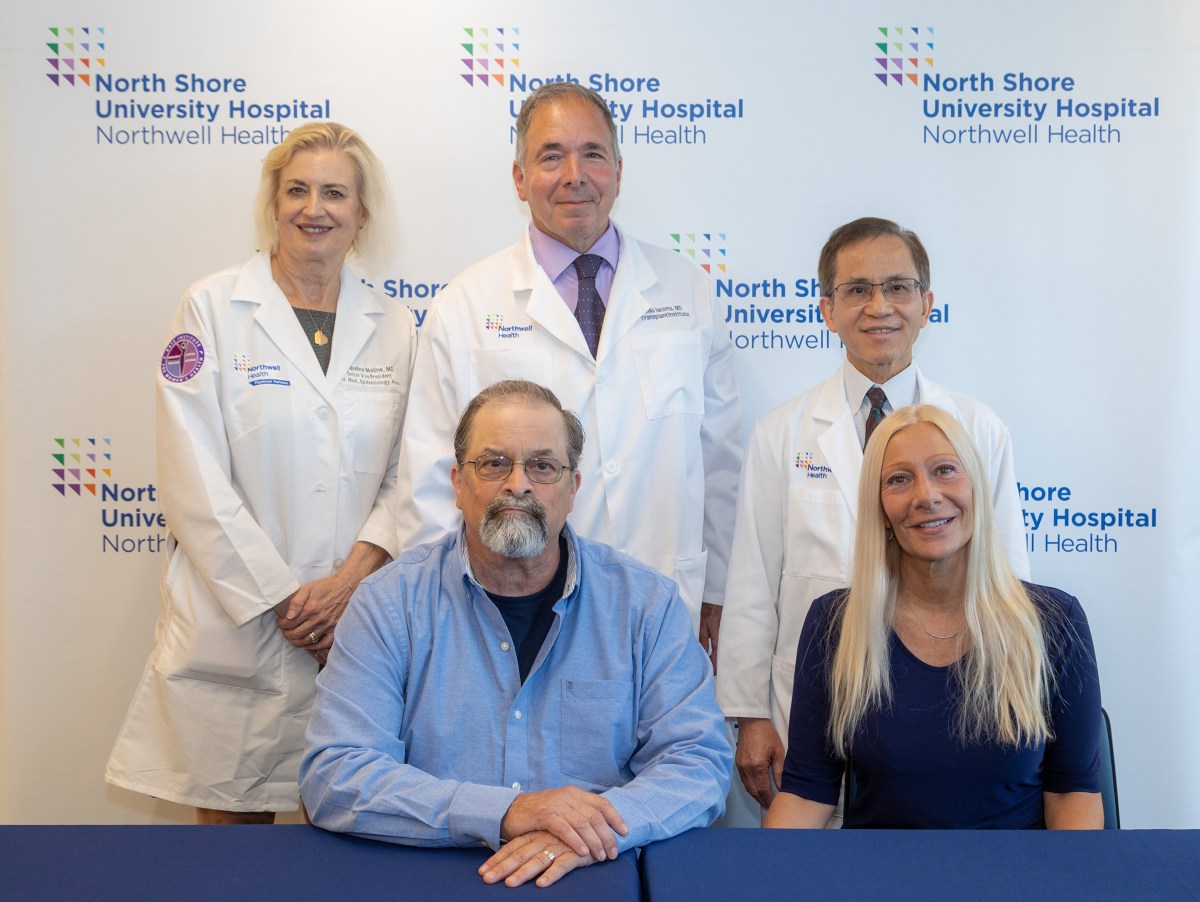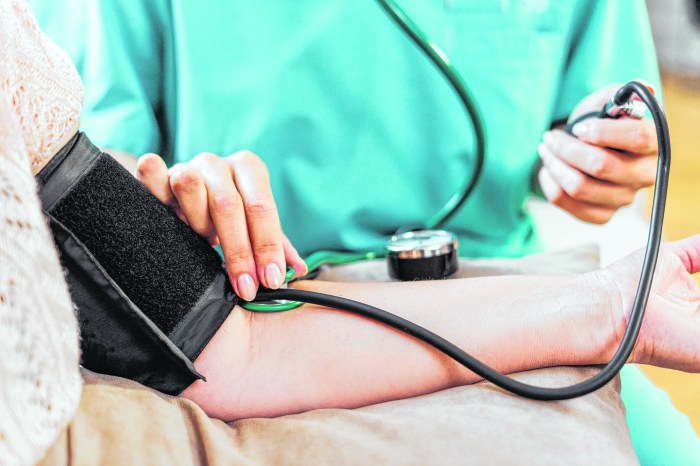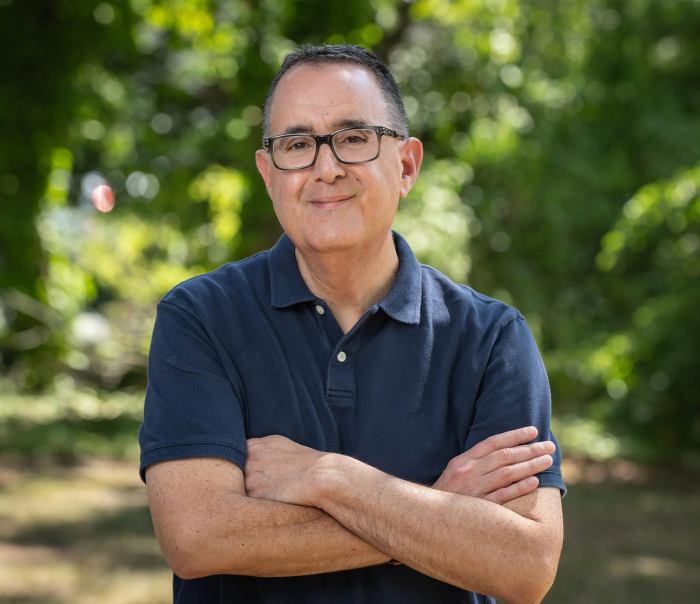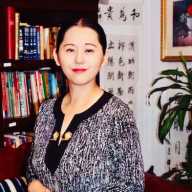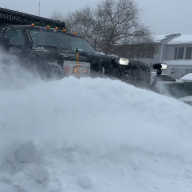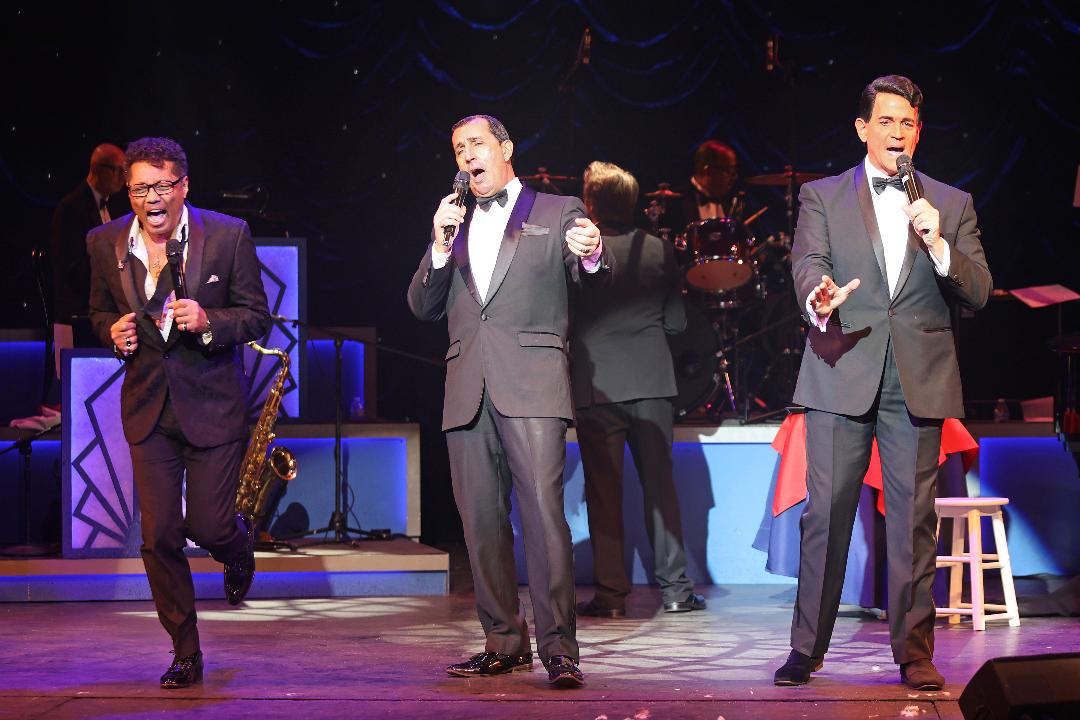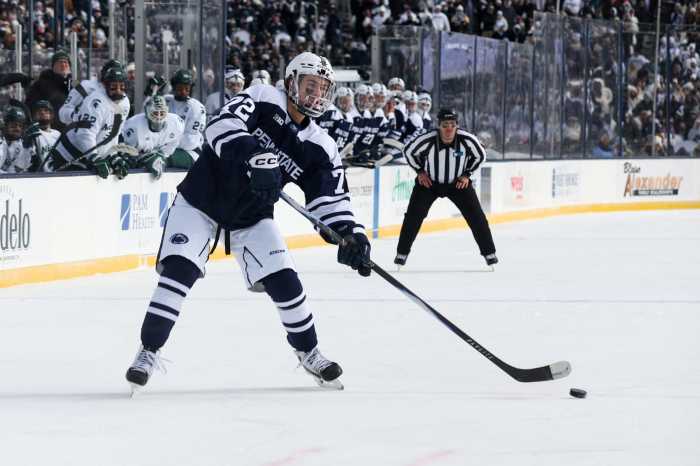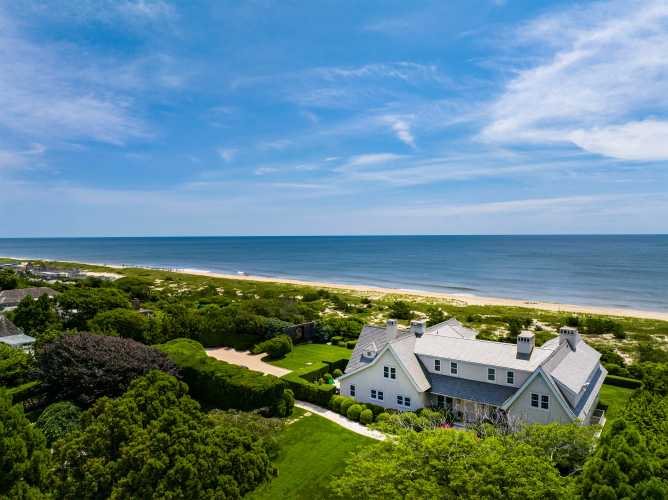William Giammarino took the first unassisted, clear breath with his new lungs on Sept. 11, 2024. Exactly 23 years before, Giammarino, of Holbrook, was dispatched to the World Trade Center on Sept. 11, 2001.
Giammarino, a former NYPD Emergency Service worker, served at ground zero at the World Trade Center every day for four months after 9/11. He worked on “The Pile,” where toxins and fine particulate matter hung in the air — an environment Giammarino called “nasty.” “But that was our job,” he said.
Giammarino, now 62, was diagnosed with COPD one year later and battled worsening pulmonary symptoms for years prior to his double lung transplant.
At first, Giammarino managed his symptoms with an inhaler. But his symptoms escalated, and during the COVID-19 pandemic, Giammarino’s inability to breathe landed him in the emergency department at Northwell’s Mather Hospital. He left with an oxygen tank — which did not greatly improve his quality of life — and a spot on the transplant waiting list.
“You leave the living room to go into the bathroom, and you’re in the bathroom gasping for air,” he said. “I [took] the oxygen in the shower with me just to be able to take a shower. It was a horrible experience.”
Applying and waiting for the procedure took months. In fact, the procedure was the third time Giammarino had been told he’d be getting the transplant.
“They told me, ‘Okay, the lungs were no good,’” Giammarino said. “I went to the hospital anticipating having surgery, and they told [me], ‘Go home.’”
Giammarino underwent the 12-hour double lung transplant on Sept. 9, 2024, at North Shore University Hospital in Manhasset — the only lung transplant program on Long Island.
Aldo Iacono, medical director of advanced lung failure and transplantation at the Northwell Transplant Institute, monitored Giammarino leading up to the surgery. Iacono has seen four patients who were exposed to the dust and chemicals of 9/11 in the past year.
“Four over the last year is a significant amount of patients,” he said. “I think that’s just the tip of the iceberg, with more patients with exposure probably developing forthcoming lung disease.”
The difficult surgery is only available to a small number of people with end-stage lung disease, according to Iacono. There is about a 90% survival rate of the procedure, with 10-15% of patients dying within a year of the surgery. If a patient lives one year after the procedure, their life expectancy is 11 years.
Giammarino’s care was covered by the federally funded WTC Health Program, according to Northwell Health. Of the nearly 137,000 current members of the WTC Health Program, more than 55,000 have been diagnosed with some type of respiratory disease, including 3,959 first responders with COPD, like Giammarino. As of Sept. 1, 117 patients have been approved to receive lung transplants. About 8,200 enrolled WTC patients have died over the last 19 years.
Giammarino is grateful for his recovery thus far, and praises the care he received at the Northwell Transplant Institute. “The doctors — they care,” he said. “I don’t know about any other places, but I can say I did get what I felt was exceptional care.”
Giammarino hopes other 9/11 emergency service workers receive the pulmonary care they need. “There are people out there that don’t do anything about [their symptoms] because they don’t realize that you can get funded from the government through 9/11,” he said. “That was the point of my whole thing.”




